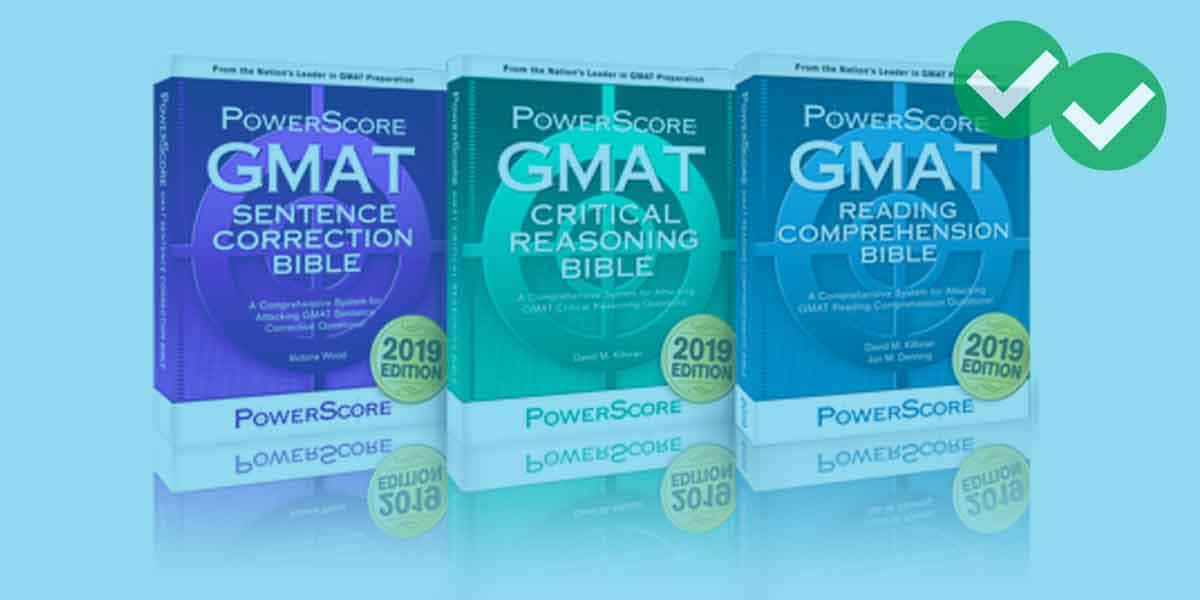This is the fourth post in the series of articles on real-life facts you need to know for GMAT Critical Reasoning.
Here’s the full list:
- Economics: Supply and Demand
- Economics: Labor and Wages
- Economics: Inflation, unemployment, and interest rates
- Law: “beyond any reasonable doubt”
- Statistics: Statistical significance
“beyond any reasonable doubt”
In any decision in an uncertain situation, we have to set a standard: how sure do we want to be, before we make a decision? When the stakes are low, we don’t have to be particularly careful, but when something important is at risk, we have to set high standards by which to make the decision.
The US legal system takes this into account, and sets a higher “burden of proof” for criminal cases than for civil cases. If you lose a civil case (i.e. a lawsuit), then typically you owe someone money — yes, that’s undesirable, but it’s not as a bad as the penalties in a criminal case (i.e. a trial), which often involve time in prison, and sometimes even one’s life! In a criminal case, it may be that life and death are at stake — arguably, that’s the highest the stakes can get!
The burden of proof in a criminal case is: the prosecutor (the government’s representative of the law) must demonstrate the defendant’s guilt beyond any reasonable doubt. In other words, once the prosecutor is done, no reasonable person would think any alternative were possible and therefore would be forced to conclude that the defendant committed the crime — only if it’s clearly that certain, should the jury convict. This is, by far, the most demanding, the most rigorous burden of proof anywhere in the legal system. The Founding Fathers set the bar very high, because they wanted to avoid, as much as possible, the scenario of an innocent person being convicted and having to serve time for a crime. In a criminal case, all 12 people on the criminal jury must unanimously agree that the defendant is guilty beyond any reasonable doubt: anything short of that fails to convict the defendant, and the defendant walks away a free person.
The burden of proof in a civil case, a lawsuit, is considerably lower. Say, person A sues person B — juries are instructed to decide on whichever one has a more convincing story. You don’t have to reach the level of “beyond any reasonable doubt” — you just have to have a more cogent case than the other side. Furthermore, to decide in one direction or another, you only need a majority of the six people on the civil jury — it does not have to be unanimous.
It’s very important to recognize — if you read about something that has to be decide by the criterion of “beyond any reasonable doubt”, realize that is by far the most demanding and more rigorous criterion in the entire legal system. Something on the order of ordinary fiscal policy or mundane political procedures would never be determined by such a lofty standard.






Leave a Reply